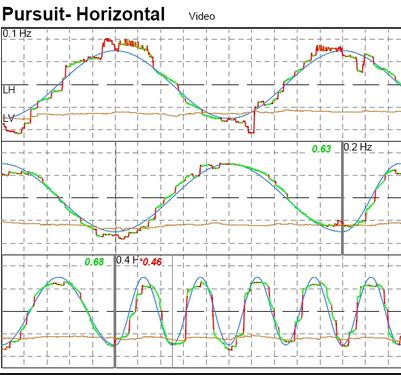Mar. 27, 2013
I am feeling a little vulnerable this week. I am not a lawyer thank goodness, but the quote, “Never ask a question if you don’t already know the answer” can also apply to someone who writes blogs, or books, or teaches courses, or simply wants to understand why we do what we do. That leads to the second part of






